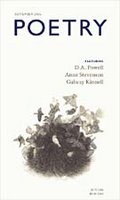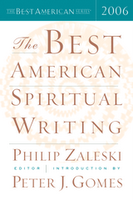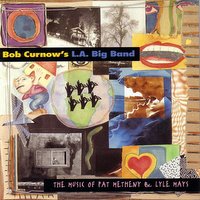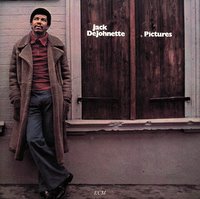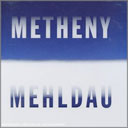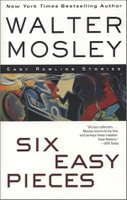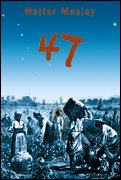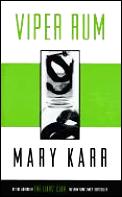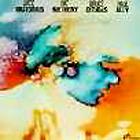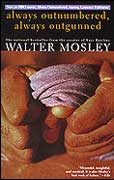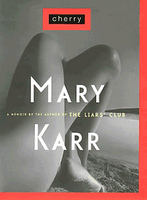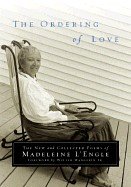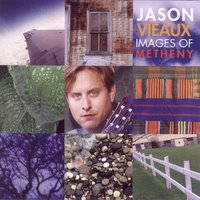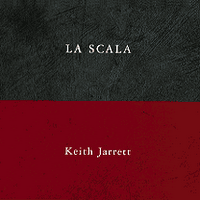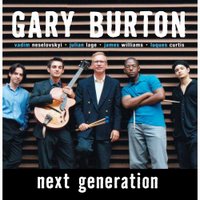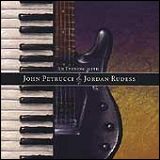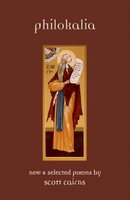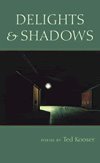
I came across Harry G. Frankfurt's On Bullshit (2005) in a stack of books my wife was assigned to read for a course designed for teaching students how to do research and write about History. Of course, the title caught me and as a professor of English who must read each year so many pieces that flirt, ignore, and presentiment the truth, I had to read the book as soon as she was done.
Perhaps what is most interesting about this book is Frankfurt, a professor of Philosophy, spends a great deal of time distinguishing bullshit (and those who produce it) from lies and liars. In doing so, he comes to an important conclusion: "The bullshitter...does not reject the authority of the truth, as the liar does, and oppose himself to it. He pays no attention to it at all. By virture of this, bullshit is a greater enemy of the truth than lies are" (61).
I recommend this little essay to anyone who cares about what is true as opposed to what seems right. If I can get it past those who might be offended by the title and use of what is considered by some to be cursing, I'll certainly consider making it required for my English 1302 classes (where argument and research are essential elements).
I have also read books by Lawrence Block (Hit List) and Robert B. Parker (Back Story). I have re-written my reviews for these books a couple of times and for some reason Blogger keeps losing this material, so I'm going to post this for now and try to get the reviews on later.












